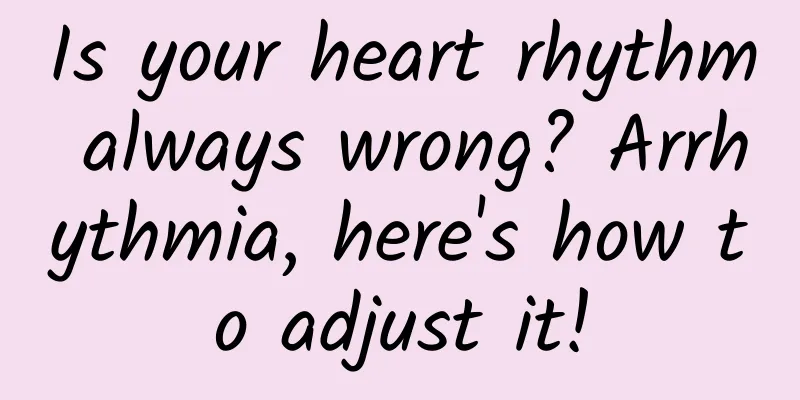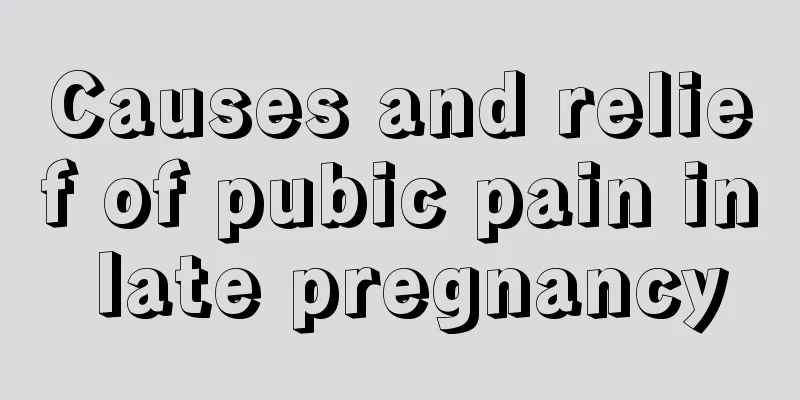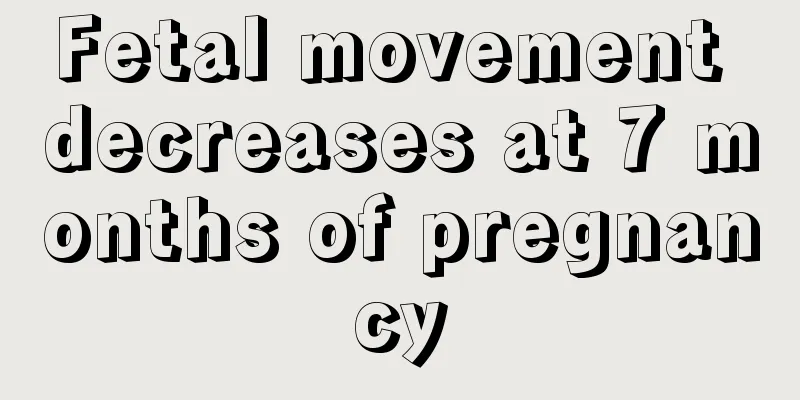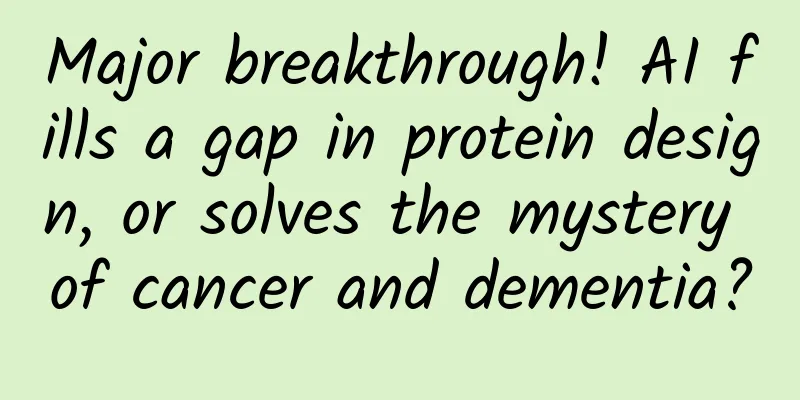Is your heart rhythm always wrong? Arrhythmia, here's how to adjust it!

|
In the beating melody of life, the heart conducts the symphony of life with its regular rhythm. However, when this stable beat becomes abnormal, we encounter the uninvited guest of "arrhythmia". In short, arrhythmia means that the heart beats too fast, too slow or irregularly, which affects the efficiency of the heart's pumping blood and may affect the blood circulation throughout the body. Today, we will discuss in depth the mystery of arrhythmia and how to make scientific adjustments to return the boat of the soul to a peaceful harbor with Chai Xiaoli, director of the First District of Cardiovascular Medicine and chief physician of Hunan Provincial Second People's Hospital (Provincial Brain Hospital). 1. The Thousand Faces of Arrhythmia There are many types of arrhythmias, which are generally divided into supraventricular arrhythmias and ventricular arrhythmias. Supraventricular arrhythmias include sinus bradycardia, sinus tachycardia, atrial tachycardia, atrial flutter, atrial fibrillation and supraventricular reentrant tachycardia. Ventricular arrhythmias include ventricular premature beats, ventricular tachycardia, ventricular flutter and ventricular fibrillation! Among them, the incidence of atrial fibrillation gradually increases with age. It not only makes the heartbeat irregular, but also increases the risk of heart failure and stroke, greatly reducing the quality of life. Most people with benign ventricular premature beats do not have obvious symptoms and do not need treatment, but ventricular flutter and ventricular fibrillation can be life-threatening. Knowing which type of arrhythmia you have is the first step to effective treatment. 2. Exploring the “black hands” behind arrhythmia There are often many reasons behind arrhythmia: abnormal heart structure, electrolyte imbalance, neurological disease, drug side effects, and even emotional stress may be the culprit. Therefore, accurate diagnosis requires a comprehensive medical history, physical examination, electrocardiogram, Holter monitoring and other means. 3. Tuning journey: scientific response strategy 1. Lifestyle Adjustment Good living habits are the first line of defense against arrhythmia. Quitting smoking and limiting alcohol consumption, maintaining a normal weight, exercising regularly, eating healthily, and getting enough sleep, these seemingly simple daily habits are actually the cornerstone of maintaining heart health. 2. Medication For most patients with arrhythmias, drug treatment is the first choice. Antiarrhythmic drugs can effectively control heart rhythm, but they must be used under the guidance of a doctor because some drugs may have side effects, such as causing a slow heart rate or causing new heart rhythm problems. 3. Non-drug treatments For certain types of arrhythmias, non-drug treatments are equally important. For example, cardioversion restores the heart's normal rhythm through electrical shock or drugs; implantation of pacemakers or defibrillators provides life-saving treatment for patients with severe arrhythmias. 4. Psychological adjustment Emotional fluctuations are one of the common factors that trigger arrhythmia. Learning stress management techniques, such as deep breathing, meditation, yoga, etc., can help calm your mood and reduce the occurrence of arrhythmia. 5. Regular follow-up Patients with arrhythmia should undergo regular cardiac function assessments and electrocardiograms, and adjust treatment plans in a timely manner to avoid worsening of the disease. Although arrhythmia is a discordant note in the symphony of life, we are fully capable of adjusting it to harmony through scientific and reasonable adjustment and treatment. Remember, hearts are connected, and the key lies in how we wisely care for this beating heart. Stay optimistic, follow the doctor's advice, and let our hearts play the beautiful melody of life again. When facing the challenge of arrhythmia, let us work together to protect the peace and health of our hearts.
(Edited by YH) |
>>: Scientific parenting tips, parents should take note!
Recommend
What to do if pregnant women have vulvar itching
Most cases of maternal vulvar itching are caused ...
What are the symptoms and treatment methods of vulvitis?
Vulvitis is a gynecological disease that women of...
There is a small bump on the side of the vulva
Many women find that they have some small bumps o...
What are the benefits of having a second child?
The two-child policy was fully implemented nation...
After breast surgery, you need to learn how to take care of yourself at home
Breast surgery is one of the common methods for t...
What to do if vaginal lipstick hurts
Redness and pain at the vaginal opening may be a ...
How to eliminate pregnancy spots?
I believe everyone knows about pregnancy spots. T...
What are the dangers of bathing during menstruation?
Taking a bath is an activity we do every day, esp...
Progesterone hcg normal no abdominal pain spotting
Progesterone is a relatively important hormone in...
What causes pain when pressing on the outer side of the breast?
Tenderness on the outside of the breast may be ca...
What are the ingredients of protein powder? Should protein powder be mixed with cold water or hot water?
Protein is the most important nutrient to ensure ...
How many minutes does an abortion take?
With the development of medicine, artificial abor...
What is the best medicine for gynecological anti-inflammatory
Gynecological inflammation is also a gynecologica...
Interesting Medicine Talk | Isotretinoin (with audio)
Your browser does not support the audio tag...
What are the symptoms of hormone deficiency in women?
Hormones are sex hormones in the human body. Abno...









